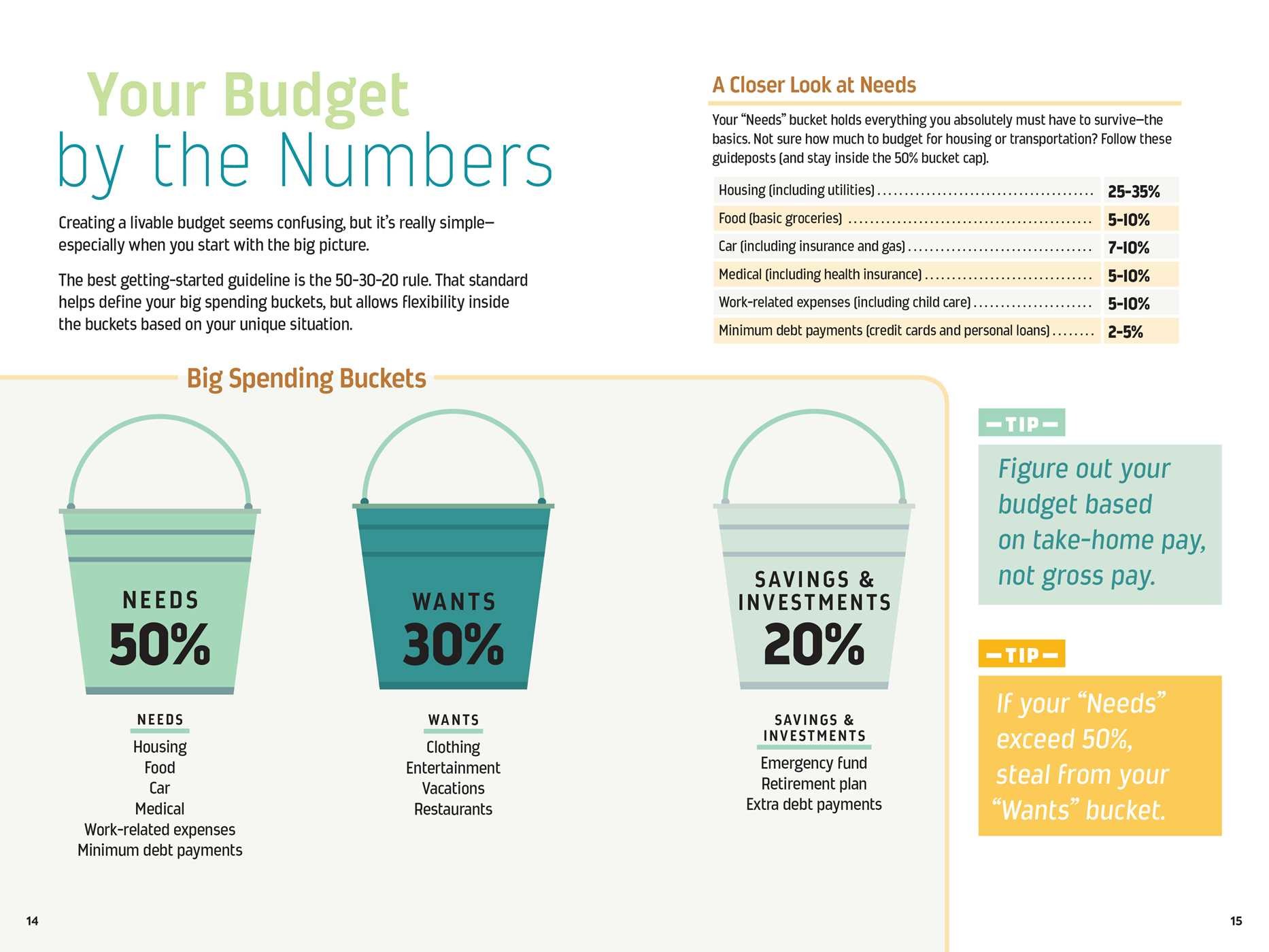Case Study: The Duty Of A Repayment Bond In Maintaining A Building Project
Case Study: The Duty Of A Repayment Bond In Maintaining A Building Project
Blog Article
Web Content Create By-Curran Abbott
Envision a construction website humming with activity, workers diligently executing their tasks under the scorching sun. Suddenly, an important element swoops in like a quiet hero, turning the trends of uncertainty into a course of stability and success. The story of just how a payment bond interfered to save a construction task from the brink of catastrophe is not only interesting yet also holds useful lessons concerning the power of economic defense when faced with difficulty. Remain tuned to discover exactly how this unhonored hero conserved the day and upheld the stability of the job.
Background of the Building And Construction Job
What led to the initiation of this construction project? You would certainly secured a financially rewarding agreement to construct a state-of-the-art office facility in the heart of the city. The task was a considerable opportunity for your construction business to showcase its capacities and develop a solid visibility in the marketplace. The customer had enthusiastic needs, including ingenious style components and rigorous deadlines. Eager to handle the difficulty, you put together an experienced team of engineers, designers, and construction employees to bring the project to life.
As the job started, you faced high assumptions and stress to supply phenomenal results. The construction website hummed with activity as workers laid the foundation and began erecting the steel framework. Despite preliminary progress, unforeseen obstacles quickly arised, intimidating to thwart the project. Limited deadlines, product shortages, and harsh weather examined the durability of your team.
Nevertheless, with determination and calculated planning, you browsed through these barriers, making sure that the job remained on track. Little did you know that a repayment bond would at some point play a vital duty in conserving the building job from prospective calamity.
Obstacles Dealt With by the Project
As the building job advanced, different challenges began to surface, placing your team's skills and strength to the test. Hold- recommended in product deliveries from suppliers caused setbacks in the construction timeline, bring about enhanced stress to meet deadlines. Furthermore, unexpected weather conditions, such as heavy rain and tornados, obstructed the outside building work and even more expanded job timelines.
Communication issues between subcontractors and the primary construction team likewise occurred, resulting in misconceptions and mistakes in task execution. These difficulties called for fast reasoning and reliable analytical to keep the project on the right track. In insurance and bonds , budget plan restrictions forced your team to find cost-effective options without compromising the top quality of work.
Furthermore, changes in task specs and client demands added complexity to the construction process, requiring adaptability and versatility from your employee. Despite these obstacles, your group's determination and collective initiatives aided navigate with these challenges and keep the task progressing towards successful conclusion.
Duty of the Payment Bond
The repayment bond played an important duty in guaranteeing financial protection for all celebrations associated with the building and construction task. By requiring the specialist to get a settlement bond, the project proprietor safeguarded subcontractors and vendors in case the contractor fell short to pay. This bond served as a safety net, guaranteeing that those that provided labor and materials would obtain compensation even if the contractor encountered financial troubles.
Additionally, the repayment bond helped maintain depend on and partnership among task stakeholders. Subcontractors and suppliers felt extra safe and secure knowing that there was a mechanism in place to safeguard their monetary interests. This assurance motivated them to execute their finest job without fretting about payment hold-ups or non-payment concerns.
Conclusion
You never thought an easy repayment bond could make such a big difference, did you? Well, it did.
In fact, studies reveal that projects with repayment bonds are 50% most likely to complete in a timely manner and within budget plan.
So next time you remain in a construction job, bear in mind the power of financial defense and smooth collaboration it brings. Maybe the key to your success.
